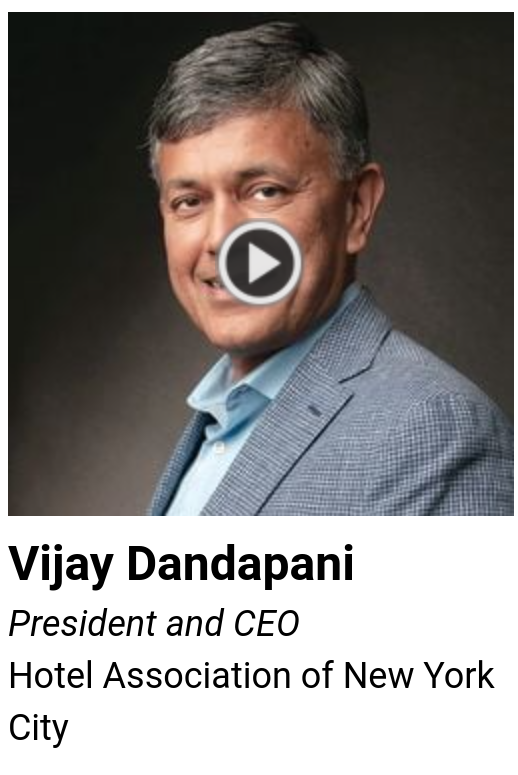Crain’s New York Business: Meet the Crain’s Hall of Fame honorees
BY DEBORAH NASON
PHOTOGRAPHS BY BUCK ENNIS
The five 2021 inductees into the Crain’s New York Hall of Fame are leaders in the truest sense.
As the pandemic wrecked havoc on the city’s business community, they struck a balance between running successful enterprises while supporting their employees, serving stakeholders and enriching the broader New York community. Their accomplishments speak for themselves: advocating for children, boosting employment opportunities for Black residents and in one case shepherding a Covid-19 vaccine.
As a group, they’ve changed New York City for the better.
THIS YEAR’S INDUCTEES are leaders in the truest sense.
They have struck a balance between running successful businesses while serving stakeholders and enriching the broader New York City community.
They have advocated for children, boosted employment opportunities for Black residents and shepherded a vaccine against Covid-19.
Vijay Dandapani
President and CEO, Hotel Association of New York City
Vijay Dandapani’s good deeds and innovative ideas have reverberated throughout the city for nearly 30 years.
From 1993 to 2016, Dandapani was co-founder and president of Manhattan-based Apple Core Hotels. In 2017 he assumed his current position as president and CEO of the Hotel Association of New York City, representing some 300 hotels with 85,000 rooms.
One of Dandapani’s first influential ideas came during the 1990s, when Apple Core became the first city hotel to include in-house gyms, free Wi-Fi and free continental breakfast. The hotel industry followed suit, eventually adopting these extras as standard amenities.
From 2006 to 2007, he led the effort to publicize and confront the citywide problem of illegal hotels. After observing organizations buying up decrepit buildings, forcing out tenants and advertising themselves as hotels, Dandapani decided to put up a fight.
“I went to the community hearings on tenant issues and lobbied with state legislators,” he said. “This [led to] a law preventing apartment buildings from becoming illegal hotels.”
Dandapani remains upbeat as he leads the association through the pandemic.
“Human optimism always wins out over human pessimism,” he said. “Most people remember only the good things. We just want to come back to where we were.”
When the hotel industry finally comes back to life, Dandapani said, operations will be much more seamless. For example, he said, pandemic-related modifications have minimized direct contact with guests, eliminated check-in and check-out lines and provided more detailed consumer profiles, such as preferences in restaurants, gym times and the like.
Dandapani expects the city’s hotel industry to reach near normalcy in three or four years as business travel and the convention and conference industry slowly recover. He notes 24,000 rooms will come online in the next few years.
He’s confident of an eventual rebound.
“Aside from conventions, because they take years, the rest of the industry sources will return on an exponential basis in the next year,” he said. “Travel is a motivator for everyone.”
Dossier
TITLE: President and CEO of the Hotel Association of New York City
SHINING A LIGHT IN NEW YORK: Dandapandi, who was on both the mayor’s Covid and the New York Forward advisory boards, took an active role when the pandemic struck. Notably, he orchestrated a swift transfer of residents of homeless shelters to hotels. The city reached out to the association, which provided a list of hotels willing to accept the residents. Using funds from the Federal Emergency Management Agency to house 16,000 people at 63 hotels, the association set up a system to receive the funds and administered the reimbursement to the hotels.
“We turned it around in under 72 hours, and we basically did this pro bono,” Dandapani said. “[Our] industry is a stakeholder in all aspects of the city.”
WORDS OF WISDOM: Dandapani shared some lessons learned in the pandemic.
-
“Be prepared for the unexpected–keep your powder dry and have reserves available.”
-
“It is really important for leaders to be visible.”
-
“Look at the distant past, not the immediate past, to prognosticate for the future. You should base your budgets on 2019, not 2020.”

